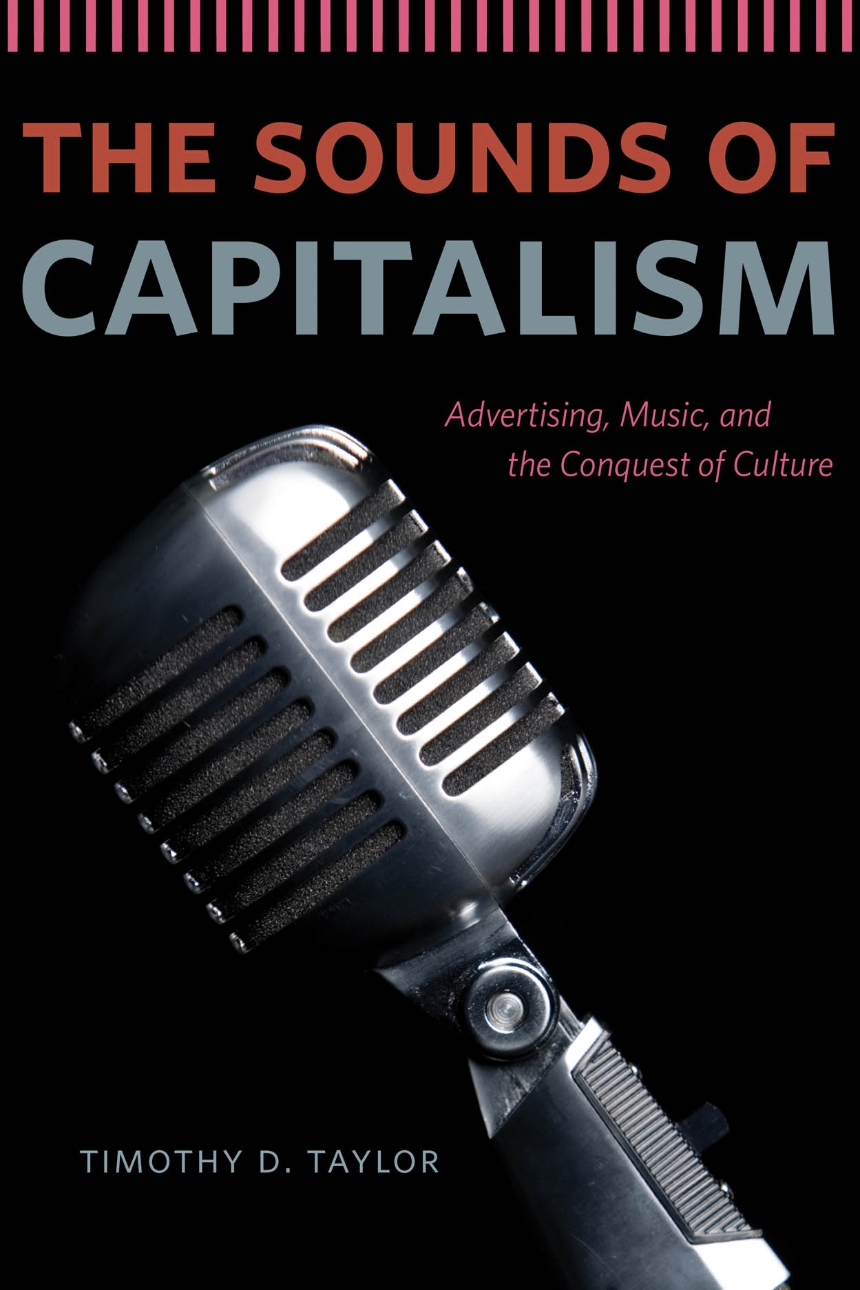The Sounds of Capitalism
Advertising, Music, and the Conquest of Culture
The Sounds of Capitalism
Advertising, Music, and the Conquest of Culture
Timothy D. Taylor tracks the use of music in American advertising for nearly a century, from variety shows like The Clicquot Club Eskimos to the rise of the jingle, the postwar upsurge in consumerism, and the more complete fusion of popular music and consumption in the 1980s and after. The Sounds of Capitalism is the first book to tell truly the history of music used in advertising in the United States and is an original contribution to this little-studied part of our cultural history.
368 pages | 24 halftones, 5 tables | 6 x 9 | © 2012
Culture Studies:
History: American History
Music: General Music
Reviews
Table of Contents
Awards
Popular Culture Assoc./American Culture Assoc.: John G. Cawelti Book Award
Won
